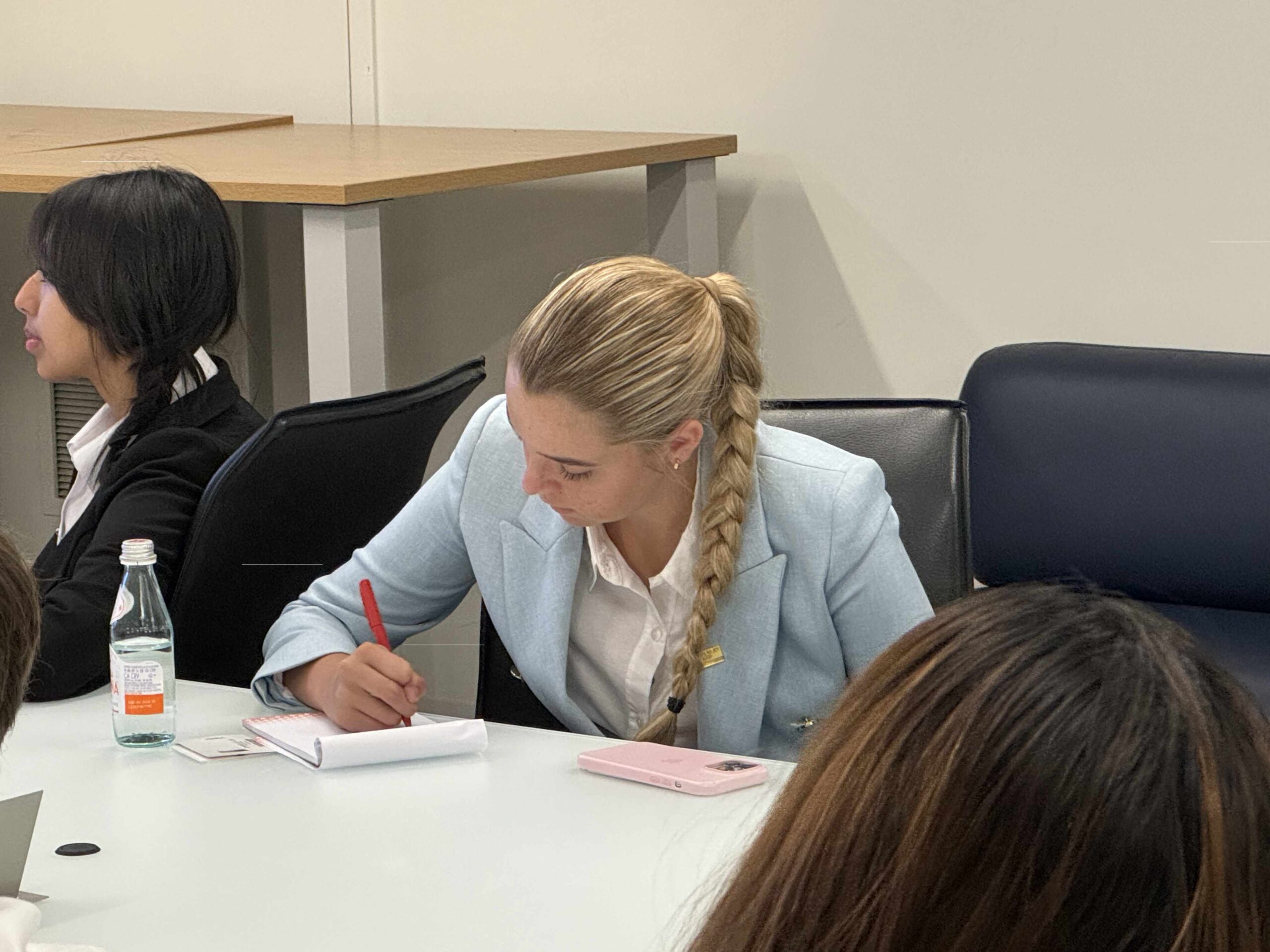College fairs are bustling events that bring together representatives from multiple institutions to help students and families gather information, ask questions, and explore options. For high school students, they’re an invaluable opportunity to make a lasting impression, gather information beyond brochures, and narrow down a list of potential colleges. But with so many options and limited time, how can you ensure you get the most out of your experience? Here’s a guide to maximizing your time and making the most of any college fair.
1. Do Your Research Before Attending
Start by checking the list of colleges that will be at the fair. Research a few that interest you the most to gain a basic understanding of their programs, location, size, and campus culture. Preparing a shortlist helps you prioritize which booths to visit and formulate questions beyond basic information available online. This preparation can make your conversations with representatives more meaningful and give you a deeper understanding of each school.

Tips for Research:
- Check the college’s website for academic programs, extracurricular opportunities, and admissions requirements.
- Look up specific programs you’re interested in, such as international study programs or internship placements.
- Make note of any unique features or opportunities the college offers that interest you.
2. Prepare Thoughtful Questions
Avoid asking questions that can easily be answered by browsing the college website. Instead, prepare thoughtful questions that show you’ve done your homework and want to go beyond surface-level information. Good questions reflect genuine interest and can help you get valuable, specific insights.
Sample Questions:
- What unique internship or research opportunities are available in my field of interest?
- How does the college support students in finding career opportunities after graduation?
- What are some unique aspects of the campus culture that set your college apart?
- How accessible are professors and academic advisors outside of class?
- What study abroad programs or global opportunities are available?
3. Dress Professionally and Bring Essential Materials
A college fair is not as formal as an interview, but dressing professionally can still help you stand out and make a positive impression. Additionally, it can boost your confidence when speaking with college representatives. Bring a notebook and pen for jotting down notes after each conversation, and have a list of questions ready. If the fair allows it, bring a folder to collect brochures or handouts from each college you visit.
Some fairs offer scannable QR codes to collect information on the colleges you’re interested in. If this is available, take advantage of it to save time while gathering valuable resources.
4. Prioritize Your College List
Most fairs have limited time, so prioritize visiting the colleges on your shortlist first. These may include schools you’re seriously considering or institutions with programs that particularly interest you. After speaking with these, you can explore other colleges to expand your options.
5. Be Engaged and Attentive During Conversations
Show genuine interest in the colleges by engaging with representatives. Maintain eye contact, listen actively, and ask follow-up questions based on their answers. Representatives are looking for students who are genuinely curious, so a thoughtful, engaging conversation can leave a memorable impression. Taking notes after each conversation can help you remember key points about each college and give you material to refer back to.
6. Collect Contact Information and Follow Up
After each conversation, ask for the representative’s business card or contact information. This not only lets you ask follow-up questions but can also show your interest in the school by keeping the conversation going. Following up with a brief thank-you email can be an effective way to reinforce a positive impression and may help when it comes time to apply.
Follow-Up Email Tips:
- Thank the representative for their time.
- Mention something specific from your conversation to personalize your message.
- Express your continued interest and inquire about any further information you need.
7. Take Notes and Reflect on Your Experience
After the fair, review your notes and take time to reflect. Write down your thoughts about each school and how you felt about the information you gathered. Did any college particularly stand out? Were there certain programs or aspects of the campus culture that resonated with you? This reflection can help narrow down your college list and provide a foundation for future research.
Things to Reflect On:
- Which colleges stood out and why?
- Did you learn about new programs or resources that could influence your decision?
- What additional information do you need, and where can you find it?

8. Plan Your Next Steps
Use the information you gathered to further refine your college list and guide the next steps in your college application process. Perhaps you want to schedule a campus tour, attend an online info session, or connect with current students or alumni. Your interactions at the college fair can be the first step toward building relationships and making an informed college decision.
Final Thoughts
Attending a college fair is a unique opportunity to connect with institutions and learn about options you may not have considered before. With preparation, active engagement, and thoughtful reflection, you can make the most of these events and gain the insights needed to make a confident college choice. College fairs are more than just a chance to collect brochures—they’re a stepping stone toward building your future.




